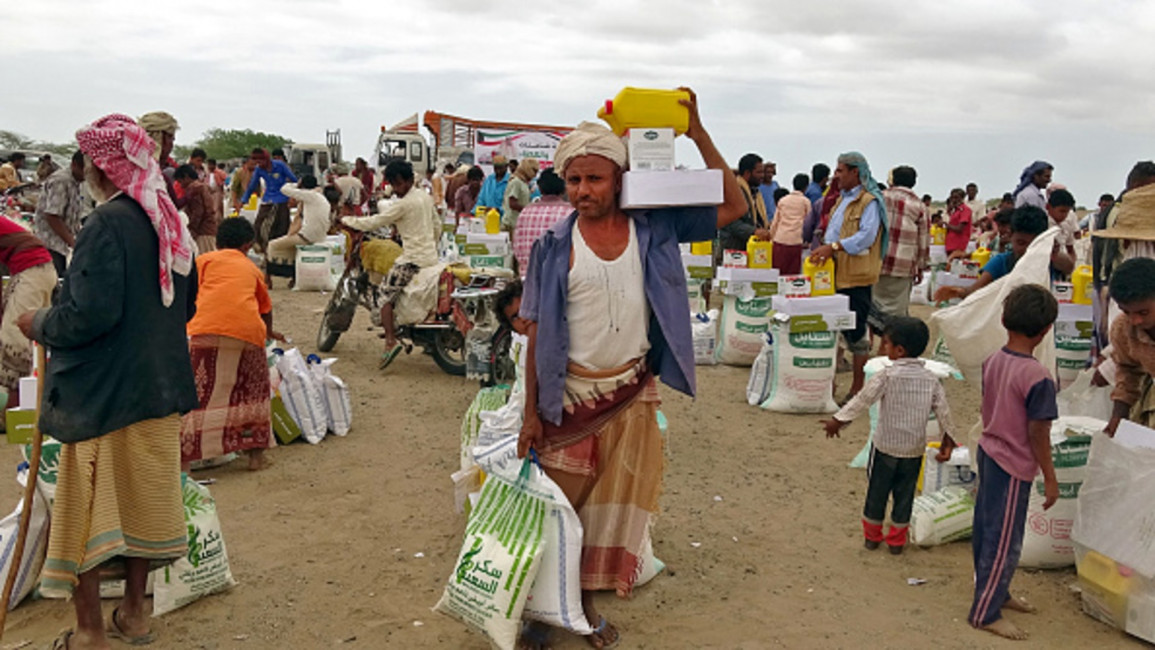UN struggling to close funding gap as humanitarian needs surge: report
The global need for humanitarian assistance reached an all-time peak in 2020, amid an unparalleled aid gap due to a pandemic-driven economic crisis, a Chatham House report has found.
While the needs are greater than ever before, so is the lack of funding.
The UK think-tank found that while the number of people in need of humanitarian assistance reached 243.8 million spread across 75 countries, the funds channeled through the UN was only enough to respond to 52 per cent of needs.
The coronavirus pandemic exacerbated pre-existing crises, with advanced economies not meeting their targets, according to the report. The UK recently cut aid spending from 0.7 to 0.5 per cent and other G20 countries such as Australia and Italy also failed to meet their aid targets.
Communities caught up in the ongoing humanitarian crisis are bearing the brunt of the aid shortages. The conflict in Tigray, Ethiopia, has recorded a humanitarian aid funding gap of $364 million, while Yemen is facing famine.
Amidst aid funding shortfall, millions of Yemenis are threatened by water and food shortages, according to the International Committee of the Red Cross (ICRC).
Yemen's water crisis affects millions of people a day. The nation's network of water pipes reaches only 30 per cent of the population and is damaged or in need of upgrading in many places. More than 15 million people resort to expensive and time-consuming ways to find enough water every day.
In many areas, people are forced to use agricultural water for drinking, cooking and washing, with serious health issues for the population.
Aid institutions are currently looking for emerging economies – referred to as "new donors" – to step up and fill the humanitarian funding gap. Yet, many emerging economies perceive aid dynamics as hierarchical – even exploitative – and have preferred to channel cooperation through affected government directly.
With advanced economies providing insufficient humanitarian funding and emerging economies operating outside of the multilateral humanitarian financing system, financing and operating of humanitarian assistance in a concerted fashion is becoming increasingly difficult, Chatham House found.



![South Sudan famine [AFP] South Sudan famine [AFP]](/sites/default/files/styles/image_330x185/public/media/images/5FED4B35-6177-43AD-844A-5C63373FCF89.jpg?h=d1cb525d&itok=TC12KIPv)